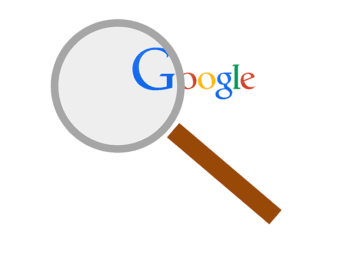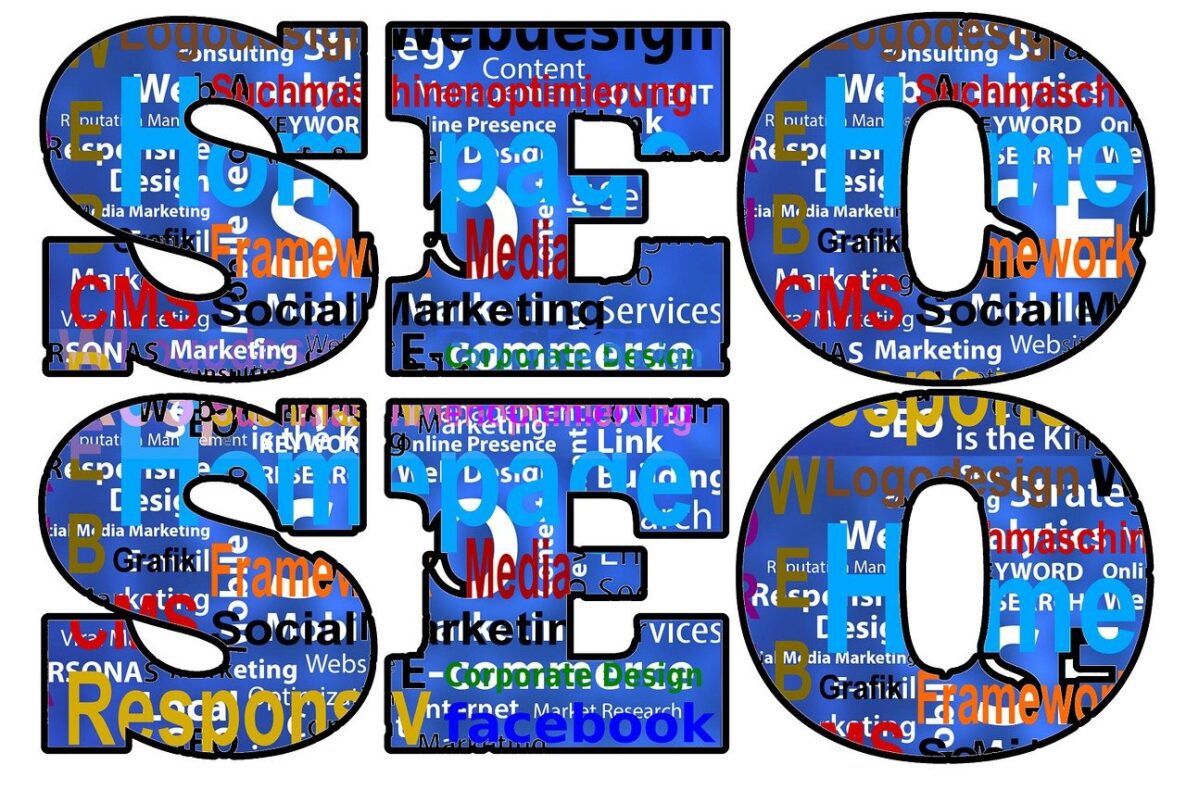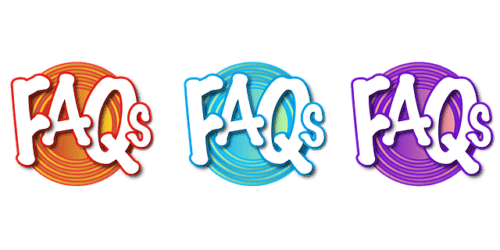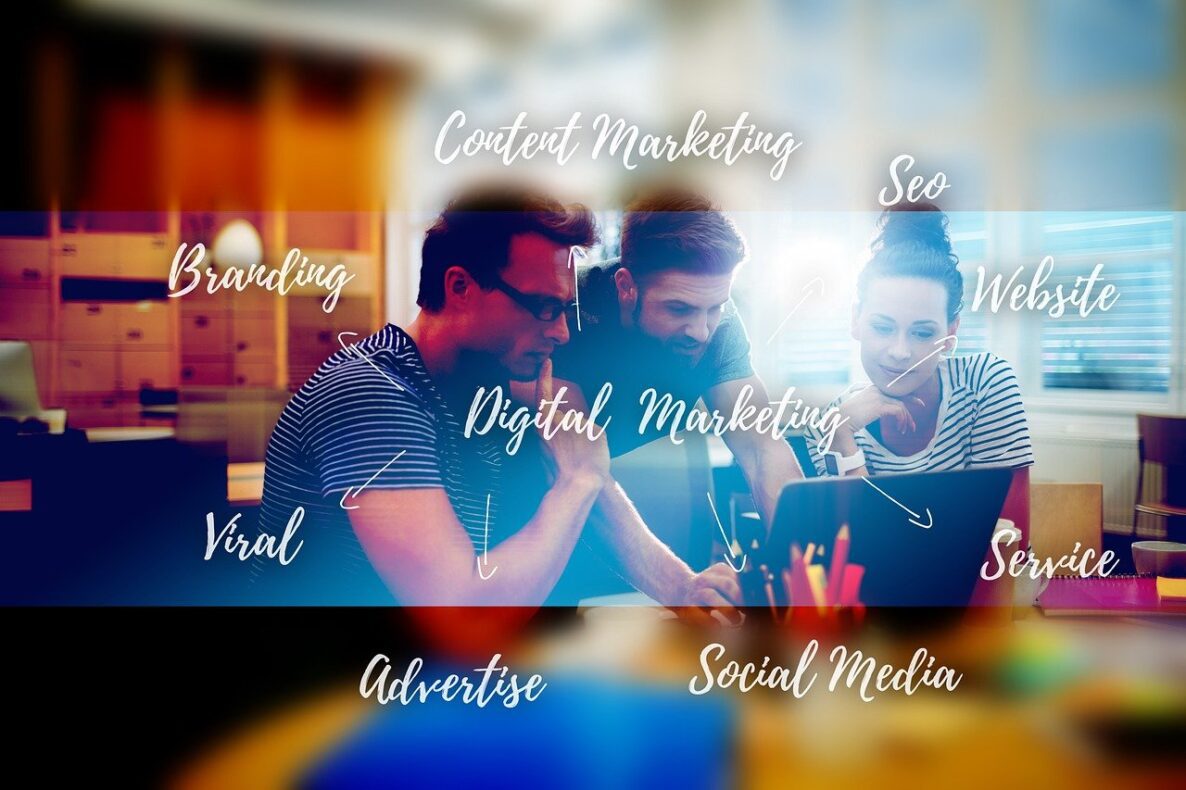The use of Auto-responders for Online...
Read More
Written by Digital Media Zone
Understanding SEO: A Comprehensive Guide to Boost Website Visibility
What Is SEO? (A BS-Free Definition + Basics Explained)
SEO, an acronym for search engine optimization, is a set of processes aimed at improving your website’s visibility in search engines, such as Google.
The main goal is to attract more organic traffic.

In essence, SEO focuses on fulfilling users’ search needs by creating relevant, high-quality content and providing the best possible user experience. SEO activities can be categorized as either on-site or off-site, commonly known as “on-page” and “off-page” optimization.
In practice, SEO typically involves several key aspects:
Keyword research:
Identifying the keywords and phrases that users are searching for.
Content creation and optimization:
Developing and optimizing website content to align with the identified keywords.
Technical optimization:
Implementing technical strategies to enhance website performance and search engine accessibility.
Link building:
Acquiring relevant and authoritative links from other websites to improve search engine rankings.
Gain insights into the functioning of search engines and their pivotal role in driving website visibility.
Why Is SEO Important?
Every day, billions of Google users conduct searches for information and products. Search engines serve as major traffic sources for websites. To tap into this potential traffic, it is crucial to appear in the top search results for your target keywords.
The correlation is straightforward—higher rankings result in increased website visits. In fact, the No. 1 organic result is 10 times more likely to receive a click compared to a page ranked in position No. 10. Moreover, the top three organic results capture over 50% of all the clicks.
This is where SEO comes into play. By optimizing your website for search engines, you can significantly improve your ranking positions, leading to more traffic, new customers, and increased brand awareness..
In other words, neglecting SEO would mean disregarding one of the most vital traffic channels and leaving that space entirely to your competitors

SEO vs. PPC
Most search engine results pages (SERPs) consist of two types of results: paid results and organic results.
Paid results:
These are achieved through pay-per-click (PPC) advertising, where you pay to appear in the ads section.
Organic results:
These rankings are earned through SEO efforts.
You might wonder why not simply pay for ads instead. The answer is simple: the vast majority of people tend to ignore ads and click on organic results instead.
Although SEO requires more time, effort, and resources, it focuses on generating “free” organic traffic that persists even when you stop paying. PPC advertising, on the other hand, remains a crucial channel that serves a different role within marketing strategies. PPC and SEO can effectively complement each other.
Note:
PPC advertising is still a critically important channel. It just plays a different role within marketing strategies. PPC does not compete with SEO—the two can work together effectively.
How Do Search Engines Work?
The ultimate objective of any search engine is to satisfy searchers by providing relevant and valuable results. To achieve this, search engines need to identify and serve the best pages as the top search results.
It’s worth noting that while Google is not the only search engine, it is the most popular one. Therefore, we often refer to Google when discussing search engines.
Additionally, the fundamentals of SEO are generally applicable across most search engines.

Google follows these stages to find and rank the content:
Crawling:
Google utilizes computer programs called “bots” to crawl the web and discover new or updated pages. For Google to find a page, it should have at least one link pointing to it.
Indexing:
Once a page is discovered, Google analyzes its content to understand what the page is about. It then stores this information in the Google Index, which is continuously updated and serves as a vast database of web pages.
Ranking:
When a user enters a search query, Google’s algorithms evaluate the indexed pages and rank them based on relevancy and quality. Numerous factors influence rankings, including keyword usage, backlinks, page speed, user experience, and more.
It's important to understand that SEO aims to optimize a website's elements in a way that aligns with search engine algorithms. By doing so, you increase the chances of your website appearing higher in search results and attracting more organic traffic.
Mastering this AI app will take Any Business to the Next Level.
On-Page SEO
On-page SEO refers to the optimization strategies implemented directly on your website to improve its visibility in search engines. These strategies focus on optimizing various elements, including:
Keywords:
Researching and selecting relevant keywords to target in your content.
Title tags:
Crafting unique and descriptive titles for each page that incorporate your target keywords
Meta descriptions:
Writing compelling summaries that appear below the title tags in search results, enticing users to click.
Heading tags:
Using heading tags (H1, H2, H3, etc.) to structure your content and highlight important sections.
URL structure:
Creating user-friendly and keyword-rich URLs for your web pages.
Content optimization:
Creating high-quality and valuable content that satisfies users’ search intent and incorporates target keywords naturally.
Image optimization:
Optimizing images by adding descriptive alt tags and reducing file sizes for faster page loading.
Internal linking: Linking relevant pages within your website to improve navigation and distribute link equity.
By implementing effective on-page SEO strategies, you increase the visibility and relevance of your website’s pages.
This in turn will help to make them more appealing to search engines and your users.

Off-Page SEO
Off-page SEO focuses on activities outside of your website that can positively impact your search engine rankings. The primary focus of off-page SEO is building high-quality backlinks from authoritative and relevant websites.
Backlinks serve as “votes of confidence” from other sites, indicating to search engines that your website is trustworthy and valuable.
Common off-page SEO techniques include:
Link building:
Actively acquiring backlinks from reputable websites through various methods such as outreach, guest blogging, and content promotion.
Social media promotion:
Sharing your content on social media platforms to increase its visibility and encourage engagement and link sharing.
Influencer outreach:
Collaborating with influencers or industry experts to promote your content and attract more visibility and backlinks.
Online reputation management:
Monitoring and managing your online reputation by responding to reviews and engaging with your audience.
Off-page SEO activities aim to build your website's authority, credibility, and visibility in the online landscape.
This will in turn signal to search engines that your site is valuable and deserves higher rankings.

SEO Is a Continuous Process
It’s important to note that SEO is an ongoing process. Search engines regularly update their algorithms to improve search results and combat spammy tactics. Therefore, your SEO efforts should be continuously adapted and refined to align with these updates.
Regular monitoring, analysis, and optimization are crucial to maintaining and improving your search engine visibility. By staying up to date with industry trends and algorithm changes, you can make informed adjustments to your SEO strategies and maintain a competitive edge.
SEO is a multifaceted approach to improving your website’s visibility and attracting organic traffic from search engines.
By implementing effective on-page and off-page SEO techniques, you can enhance your website’s rankings, increase organic traffic, and ultimately achieve your online business goals.
The Importance of SEO
Now that we have a clear understanding of what SEO entails, let’s delve into why it is important for your website and online presence.
Increased Visibility:
SEO aims to improve your website’s visibility in search engine results pages (SERPs). By optimizing your content and website elements, you increase the likelihood of appearing higher in the search results when users enter relevant queries. This increased visibility leads to more exposure and organic traffic to your site.
Organic Traffic:
Organic traffic refers to the visitors who come to your website through unpaid, natural search engine results. SEO helps attract organic traffic by targeting keywords and creating high-quality content that satisfies user search intent.
Unlike paid advertising, where you need to continuously invest to maintain traffic, organic traffic generated through SEO can persist even when you stop actively optimizing.
Trust and Credibility:
Appearing on the first page of search results signals to users that your website is trustworthy and authoritative. Users often associate higher rankings with quality and relevance, which can positively impact their perception of your brand.
Building trust and credibility through SEO helps establish your brand as a reliable source of information or products/services in your industry
Mastering this AI app will take Any Business to the Next Level.
User Experience:
SEO is not just about optimizing for search engines; it also focuses on enhancing the user experience.
Search engines prioritize websites that offer a seamless browsing experience, fast page loading times, mobile responsiveness, and easy navigation.
By optimizing your website for these factors, you improve user satisfaction and engagement, leading to higher chances of conversions and repeat visits.
Long-Term Results:
While SEO requires ongoing effort and time to see significant results, the benefits can be long-lasting.
Unlike paid advertising, where visibility and traffic cease once you stop investing, SEO can continue to drive organic traffic to your website even if you scale back on optimization efforts.
This makes SEO a cost-effective strategy in the long run.
Competitive Edge:
In today’s digital landscape, where countless websites compete for user attention, SEO gives you a competitive edge.
By optimizing your website and content, you stand a better chance of outranking your competitors and capturing a larger share of organic traffic.
Staying updated with SEO best practices and adapting to algorithm changes allows you to stay ahead in the race.

Remember that SEO is a continuous process that requires ongoing effort, analysis, and adaptation. It’s important to keep up with industry trends, algorithm updates, and user behavior to refine your strategies and maintain or improve your search engine rankings.
In summary.
SEO is a fundamental aspect of digital marketing that focuses on improving website visibility, attracting organic traffic, and enhancing the user experience. By investing in SEO, you can increase your website’s chances of ranking higher in search results, drive targeted traffic, and ultimately achieve your online business goals.
These techniques will help you maximize the potential of your website.

SEO FAQs
Here are answers to common questions regarding SEO:
What Is the Role of SEO in Digital Marketing?
SEO plays a vital role in enhancing website visibility within search engines. It serves as an integral part of any comprehensive digital marketing strategy. SEO works synergistically with PPC advertising and intersects with content marketing and social media marketing.
Can I Do SEO Myself?
Certainly! You can engage in SEO without professional assistance. All you need is a willingness to learn and a website where you can implement your knowledge.
How Do I Start Learning SEO?
This guide provides a solid foundation for your SEO learning journey. If you prefer video content and want to delve deeper, consider Semrush Academy. It offers numerous free online courses taught by industry experts like Eric Enge, Brian Dean, and Nathan Gotch.
Do I Need an SEO Tool?
Accurate data should drive your SEO actions. If your website generates revenue, it is essential to have a comprehensive SEO toolset to meet your needs. Such tools prove invaluable and quickly provide a return on investment.

We appreciate you taking the time to read our content.
We hope you found it informative and valuable.
If you enjoyed this article, consider subscribing and following us on social media to stay updated with the latest insights and updates.

By entering your email, you agree to receive our emails, including marketing emails, in line with our Privacy Policy.







